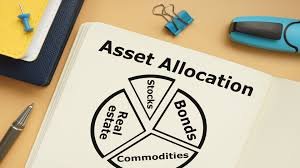
ASSET VOCABULARY
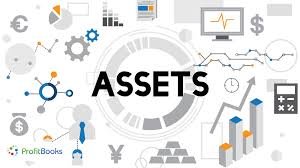
Asset: A valuable item, resource, or quality that belongs to an individual or organization.
Sentence: The company listed its assets, including buildings, vehicles, and equipment, for valuation purposes.
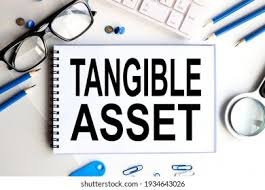
Tangible Asset: A physical item with monetary value, such as machinery, property, or inventory.
Sentence: The factory’s machinery is considered one of its most significant tangible assets.
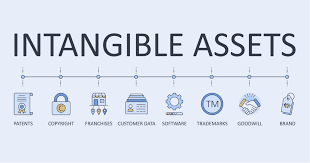
Intangible Asset: A non-physical asset, such as patents, trademarks, or brand reputation.
Sentence: The company’s brand name is its most valuable intangible asset.
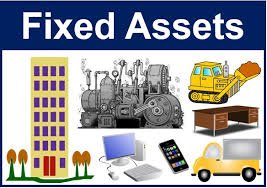
Fixed Asset: Long-term assets used in the operation of a business, such as land or equipment.
Sentence: The new office building was added to the company’s list of fixed assets.
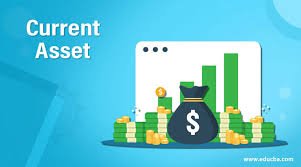
Current Asset: Assets that can be converted into cash within a year, such as cash, inventory, or accounts receivable.
Sentence: The business relied on its current assets to maintain liquidity during tough times.
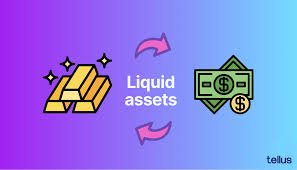
Liquid Asset: An asset that can quickly be converted into cash without significant loss of value.
Sentence: Savings accounts are considered liquid assets because they can be easily accessed in emergencies.
ASSET VOCABULARY
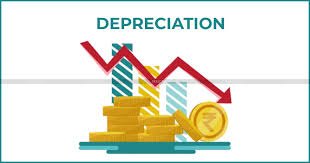
Depreciation: The reduction in the value of an asset over time, typically due to wear and tear.
Sentence: The company calculated the depreciation of its vehicles for accounting purposes.

Asset Allocation: The strategy of distributing investments among different asset classes to balance risk and reward.
Sentence: A diversified portfolio requires careful asset allocation to maximize returns.
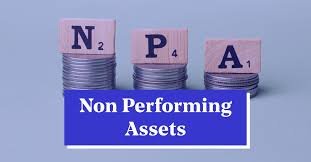
Non-Performing Asset (NPA): A loan or advance that has stopped generating income due to default.
Sentence: The bank struggled to recover its losses caused by an increase in non-performing assets.
ASSET VOCABULARY
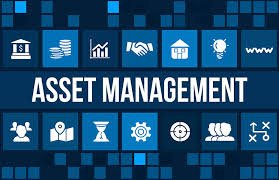
Asset Management: The process of managing investments on behalf of clients to meet specified financial goals.
Sentence: He hired an asset management firm to optimize his investment portfolio.
